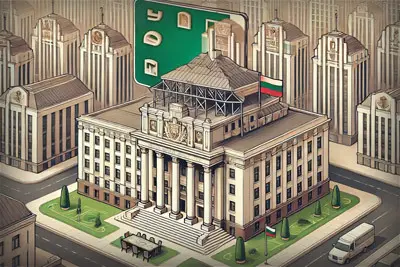
The amendments to the Gaming Law passed with 73 votes in favor and one abstention. To mitigate the impact on media organizations, the government has allocated an additional €4 million to the Media Support Fund in next year’s budget to compensate for lost advertising revenue.
Transitional Measures for Sports and Media
Recognizing the potential disruption to specific industries, parliament included transitional measures to ease the ban’s implementation. Exceptions for sports sponsorships and advertisements during sports broadcasts will remain in place until January 1, 2028. Additionally, transitional provisions allow for limited advertising until the end of 2027.
- Television, Radio, and Online Ads: Up to three betting advertisements under 15 seconds each will be permitted per hour from 06:00 to 18:00, and up to two per hour between 18:00 and midnight.
- Online Media Restrictions: Gambling advertisements without direct links to operators’ websites will be capped at 20% of advertising space between 06:00 and 18:00 and 10% from 18:00 to midnight.
These measures are intended to balance the government’s aim of combating problem gambling with the economic interests of the media and sports industries.
Public and Industry Reactions
The government justified the move as a necessary step to address gambling-related harm, citing increased advertising during the COVID-19 pandemic despite earlier recommendations to reduce promotions. The Gaming Supervisory Authority has consistently reported concerns over the rise in problem gambling, with complaints regarding non-compliance with advertising guidelines.
Critics within the gambling industry argue that the ban may stifle economic growth and reduce gaming operator revenues. However, public sentiment has largely supported the decision, with many viewing it as a critical measure to curb gambling addiction and its social consequences.
As Lithuania prepares for these changes, the gambling sector faces significant adjustments. The transitional period offers operators and media outlets time to adapt to the new rules, while sports-related advertisements enjoy a longer exemption to ensure continuity in sponsorships and broadcasts.
Source:
Gambling Advertising Ban Passed by Lithuanian Parliament, lcb.org, November 18, 2024.




